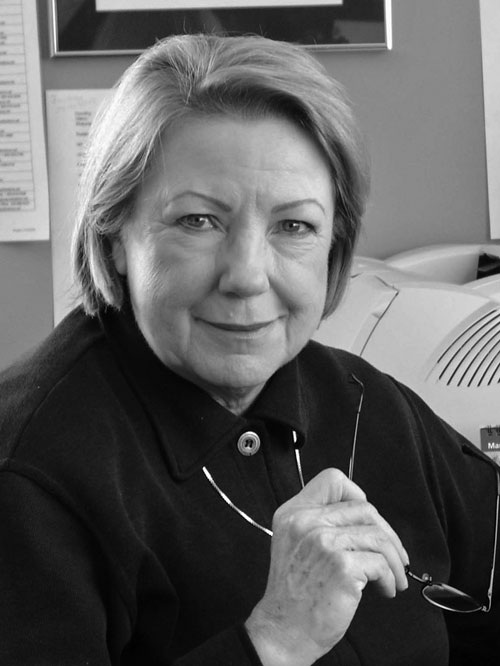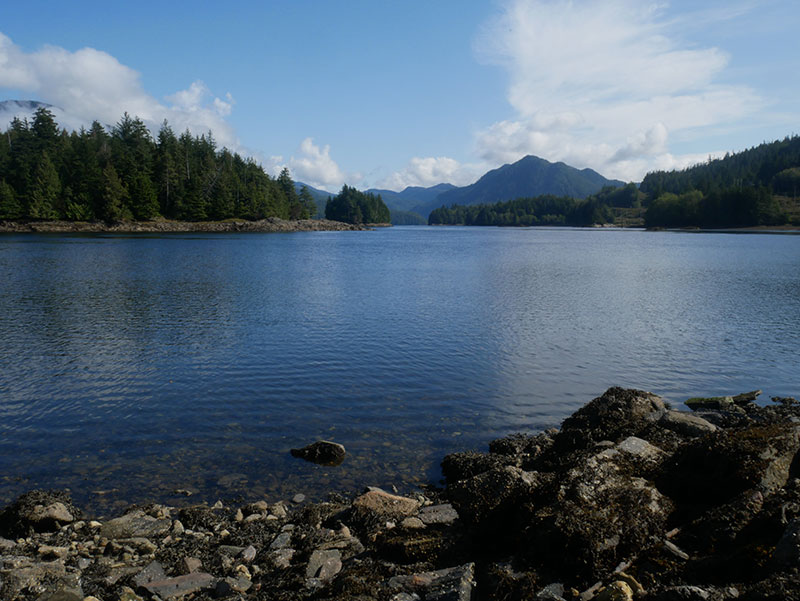
Issues in the news
Dale Swampy is a member of the Samson Cree Nation in Alberta. He worked 22 years with his band, then started his own business. He has been awarded the Horse Medallion by the Dakota Sioux in Manitoba for the work he has done with their communities as an Indigenous relations consultant. He has also worked on the Northern Gateway pipeline project to create the Northern Aboriginal Equity Partner Group, which includes 31 communities working to support Norther Gateway. He has also started the National Coalition of Chiefs across Canada, a group dedicated to defeating on reserve poverty.
He recently published an article in the National Post that says it all when it comes to resource development and the benefits that should be accruing, deservedly, to isolated and other First Nation communities.
In simple, but eloquent language, Dale Swampy presents the facts that support the case for encouraging resource projects to go ahead under the modern rules that now include partnerships and tangible benefit to Indigenous communities.
Some of the facts:
• 25 communities produce oil and 35 produce natural gas on reserve.
• Dozens are party to agreements allowing pipelines to cross their territory.
• Mining and carbon fuel reserves hire double the number of Indigenous peoples and pay twice as much as anyone else.
• Many Indigenous communities are equity partners in resource enterprises.
• The value of the ownership stake in Northern Gateway was $2 billion.
“When we went to Ottawa to testify in opposition to Bill C-48, the oil tanker moratorium, Transport Minister Marc Garneau called us “private interests” who were “not in the same category” as the First Nations in support of the government’s bill,” Mr. Swampy writes.
Garneau’s comment raises several important questions. Why do apparently well-meaning people feel they have a right to force their values on others? It was this kind of thinking that led to the vilified residential school system. While it may be that some of the developers of residential schools had evil their minds, it is much more likely that the genesis resided in the hearts of the well-meaning, the “do-gooders” of the past.
This do-gooding is an insidious kind of imperialism that is hard to battle because to do so makes the resistor open to charges of hate and racism. How can anyone be against “doing good”? The people who take up these causes often have an almost religious zeal for seeing their view prevail. They get a rush of self-satisfaction from their actions and that rush soon becomes addictive. Like fundamentalists, they will do almost anything to support their case. They twist the facts, make scientific claims, even manufacture cases to support their contention.
They use these claims and others to stir up resentment and emotion in the hearts and minds of the people they are supposedly championing, while accusing any opposition of the most horrendous motives for their opposition – even, as we see above in Morneau’s comments, accusing the so-called victims themselves.
The sad truth is that “good” is a relative term. What may appear good to one, may ultimately be harmful to another.
In Mr. Swampy’s words, “When individual leaders work with industry or speak out for economic development, they are often denounced by NGOs and protesters. What we are trying to provide is a strong and united voice in support of policies and projects that can help address the economic needs of our people, without fear or favour.”
He concludes with the following wish, “What I want for my children and grandchildren is what most people want: a good job, a comfortable place to live, and food in the fridge. Sadly, many people living on reserve don’t have that. Ottawa never has, and never will be able to provide it. In any case, most Indigenous peoples don’t want to have to rely on the federal government for their daily needs. For most First Nations, the only solution to on-reserve poverty is participation in natural resource development.”
He concludes: “Do not deny us our opportunity for well-being and prosperity simply to serve your stereotypes of what Indigenous peoples should be for and against.”
Amen!

